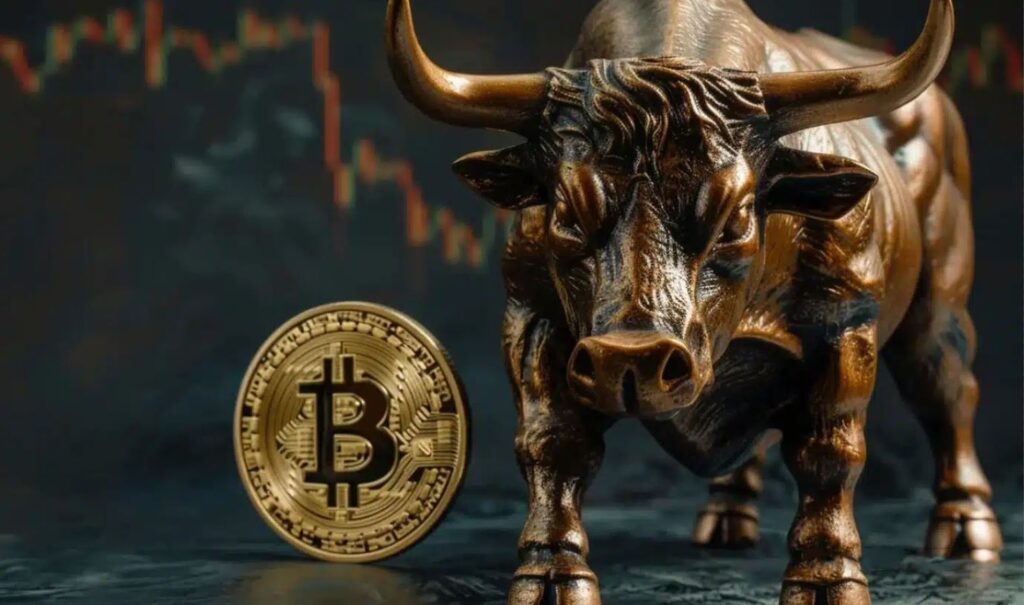Bitcoin doesn’t need a collapse of the U.S. dollar to become a six-figure asset class, according to Matt Hougan, Chief Investment Officer at Bitwise, speaking on X.
Bitcoin (BTC) has frequently been promoted as a hedge against the weakening purchasing power of the dollar and as a potential beneficiary of a widespread fiat currency crisis.
Some advocates have suggested that Bitcoin must see a dollar collapse to reach $200,000 per BTC or higher. However, Hougan disagrees with this view, citing two key reasons: increasing demand for assets that store value and ongoing government spending.
The Bitwise executive explained that these factors strengthen investor confidence in Bitcoin. He also highlighted that markets focused on store-of-value assets have been gaining momentum due to “governments mismanaging their currencies.”
For example, U.S. government spending has surged in recent years, with the national debt now exceeding $35 trillion. Analysts project that the debt is increasing by approximately $1 trillion every 100 days at its current rate.
Moreover, Bob Elliott, CIO of Unlimited Funds, referenced data suggesting that “sovereign debt from developed nations,” including U.S. Treasuries, may no longer function effectively as a bailout tool. This could potentially bolster a more favorable outlook for Bitcoin.
Hougan anticipates that this trend will persist, leading to more mature Bitcoin markets, wider adoption, and higher prices for the cryptocurrency.
So, no, the dollar doesn’t need to collapse for bitcoin to hit $200k. All you need is Bitcoin to continue on its current path of maturing as an institutional asset. But it’s increasingly looking like both parts of the argument will come true. That’s why Bitcoin is surging toward all-time highs.
Matt Hougan, Bitwise CIO
Hougan made these comments on October 29, as Bitcoin approached its all-time high from March. In the past 24 hours, BTC surged 5%, reaching $72,756. While technical indicators suggest a possible breakout for Bitcoin, historical trends caution about increased volatility, particularly with U.S. citizens gearing up for the upcoming presidential election.




Thanks for sharing